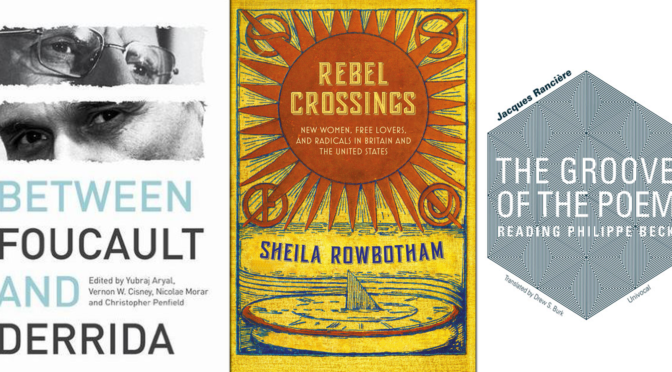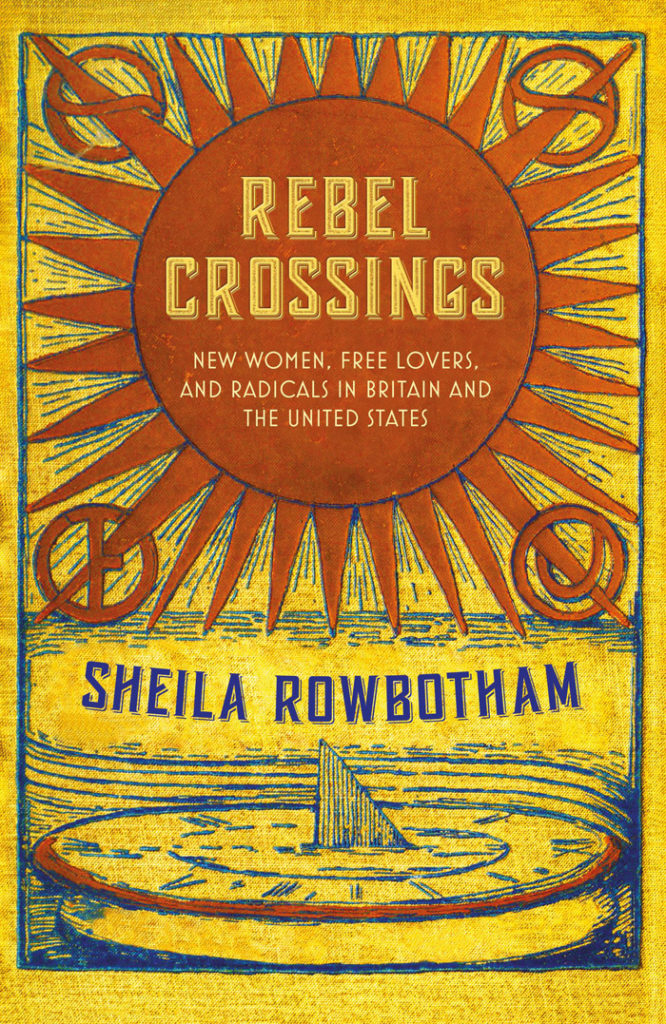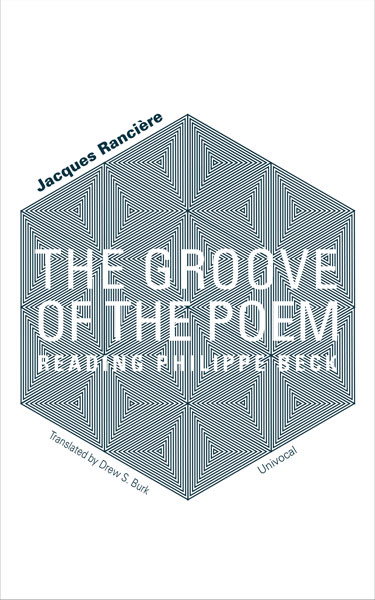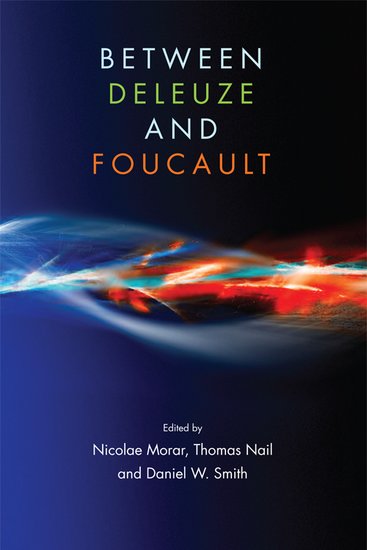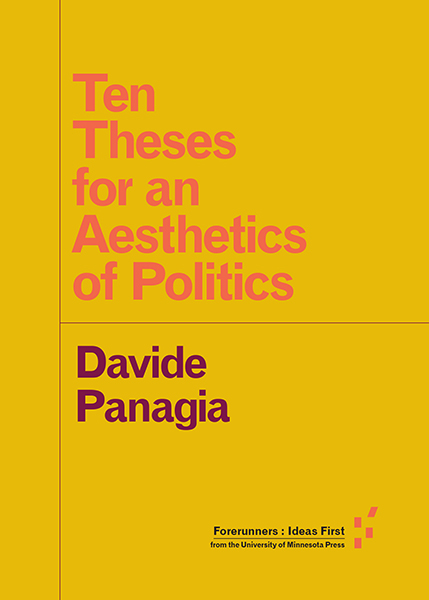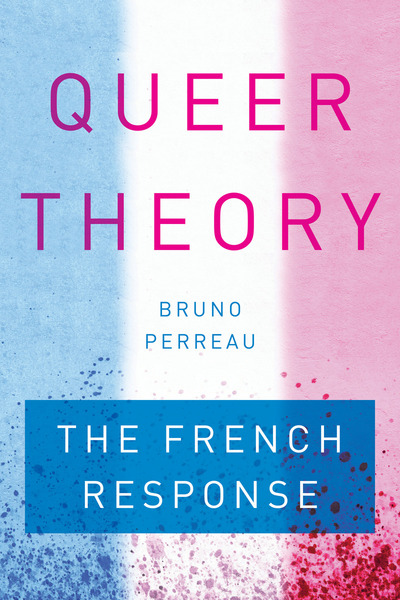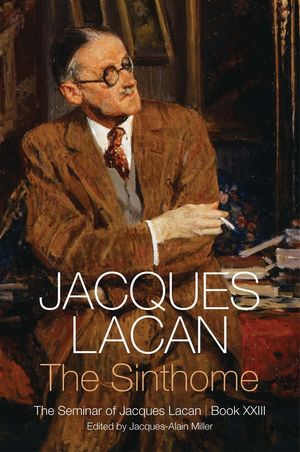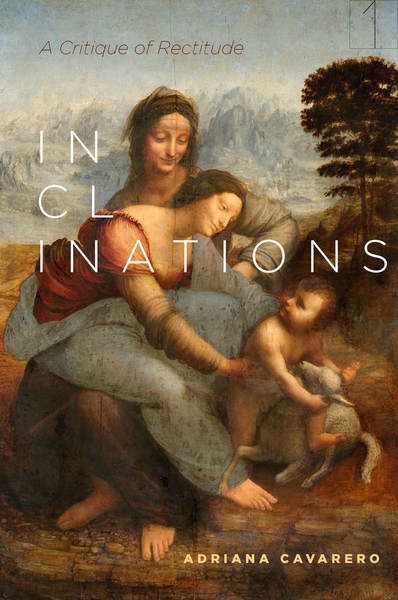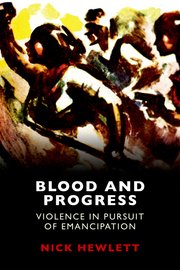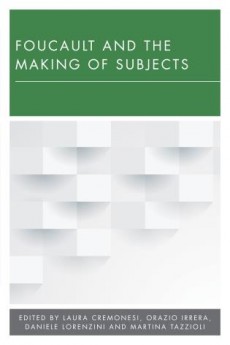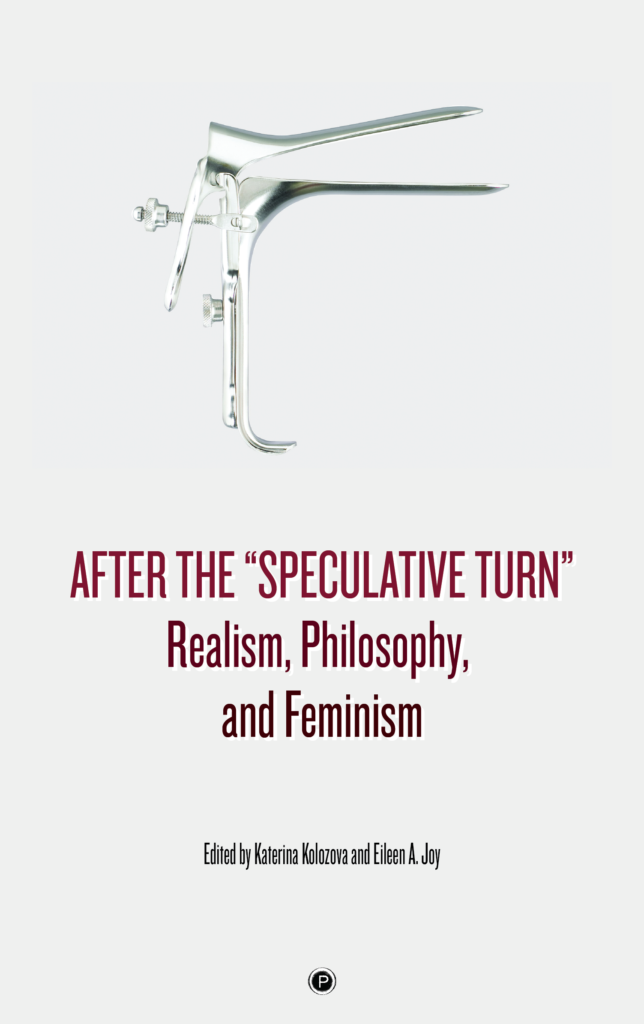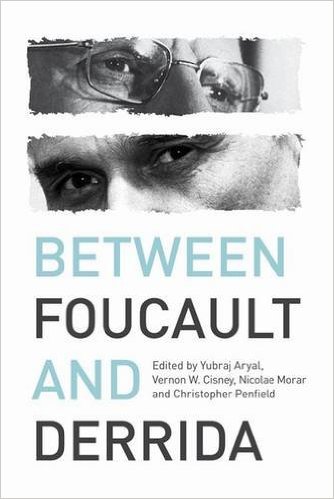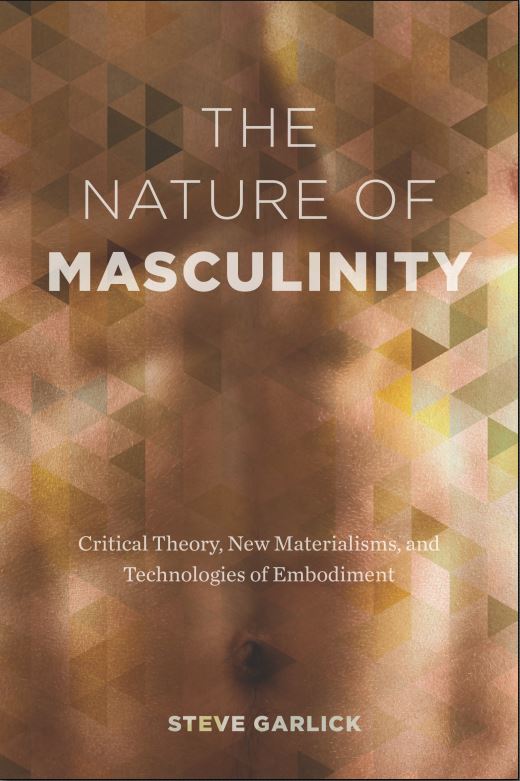If you’re an author or a publisher with a forthcoming book, drop us a line at tips@critical-theory.com.
Rebel Crossings
By Sheila Rowbotham
Rebel Crossings relates the interweaving lives of four women and two men as they journey from the nineteenth to the twentieth century, from Britain to America, and from Old World conventions toward New World utopias. Radicalised by the rise of socialism, Helena Born, Miriam Daniell, Gertrude Dix, Robert Nicol and William Bailie cross the Atlantic dreaming of liberty and equality. The hope for a new age is captured in the name Miriam and Robert give their love child, born shortly after their arrival: Sunrise. A young Bostonian, Helen Tufts learns of Miriam’s defiant spirit through her close friendship with Helena; the love she feels for Helena and later for William fundamentally alters her life.
All six are part of a wider historical search for self-fulfillment and an alternative to a cruelly competitive capitalism. In articles, poems and allegories Helena, Helen and Miriam resist the cultural constraints women face, while female characters in Gertrude’s novels struggle to combine personal happiness with radical social commitment. William campaigns against class inequality as a socialist and an anarchist while longing to read and study. Robert, the former union militant, becomes preoccupied with personal growth and mystical enlightenment in the wilds of California.
Rebel Crossings offers fascinating perspectives on the historical interaction of feminism, socialism, and anarchism and on the incipient consciousness of a new sense of self, so vital for women seeking emancipation. These six lives bring fresh slants on political and cultural movements and upon influential individuals like Walt Whitman, Eleanor Marx, William Morris, Edward Carpenter, Patrick Geddes and Benjamin Tucker. It is a work of significant originality by one of our leading feminist historians and speaks to the dilemmas of our own time.
Buy it here.
The Groove of the Poem
By Jacques Ranciere
How should one think this musical groove of the poem whose back and forth motion shuffles the material of ordinary language and revives the frozen speech of old chants? This question by renowned French thinker Jacques Rancière is the entry point for his earnest and careful reading of one of France’s most singular and important contemporary poets. For Rancière, Philippe Beck sets himself the task of a poetry after poetry whereby Beck re-writes and transforms the poems of the past, reanimating faded genres, poetizing the prose of popular tales and even commentaries regarding poems. To read and follow this groove traced as such cannot simply be done by way of taking the poems as objects of study. It supposes a dialogue regarding what these poems attempt to do as well as an idea of a poetry which serves as their foundation. This book on Philippe Beck is thus also a book made with him.
Buy it here.
Between Deleuze and Foucault
Edited by Nicolae Morar, Thomas Nail and Daniel W. Smith
Deleuze and Foucault had a long, complicated and productive relationship, in which each was at various times a significant influence on the other. This collection combines 3 original essays by Deleuze and Foucault, in which they respond to each other’s work, with 16 critical essays by key contemporary scholars working in the field.
Buy it here.
Ten Theses for an Aesthetics of Politics
By Davide Panagia
Ten Theses for an Aesthetics of Politics is an invitation to culture makers, political thinkers of all kinds, and everyday spectators to reconsider their love of the world of appearances. Inspired by Jacques Rancière’s Ten Theses on Politics and work by Hannah Arendt, Stanley Cavell, and Roland Barthes, Davide Panagia offers conceptual provocations that emphasize the sense of conviction one has when facing the frictions of aesthetic experience. Rooted in varied and variable experiences of border crossings, Panagia invites readers to reflect on the relational practices that appearances engender.
Buy it here.
Queer Theory: The French Response
By Bruno Perreau
In 2012 and 2013, masses of French citizens took to the streets to demonstrate against a bill on gay marriage. But demonstrators were not merely denouncing its damaging effects; they were also claiming that its origins lay in “gender theory,” an ideology imported from the United States. By “gender theory” they meant queer theory in general and, more specifically, the work of noted scholar Judith Butler. Now French opponents to gay marriage, supported by the Vatican, are attacking school curricula that explore male/female equality, which they claim is further proof of gender theory’s growing empire. They fear that this pro-homosexual propaganda will not only pervert young people, but destroy the French nation itself.
What are the various facets of the French response to queer theory, from the mobilization of activists and the seminars of scholars to the emergence of queer media and the decision to translate this or that kind of book? Ironically, perceiving queer theory as a threat to France means overlooking the fact that queer theory itself has been largely inspired by French thinkers. By examining mutual influences across the Atlantic, Bruno Perreau analyzes changes in the idea of national identity in France and the United States. In the process, he offers a new theory of minority politics: an ongoing critique of norms is not only what gives rise to a feeling of belonging; it is the very thing that founds citizenship.
Buy it here.
The Sinthome
By Jacques Lacan
‘Ten times, an elderly grey-haired man gets up on the stage. Ten times puffing and sighing. Ten times slowly tracing out strange multi-coloured arabesques that interweave, curling with the meanders of his speech, by turns fluid and uneasy. A whole crowd looks on, transfixed by this enigma-made-man, absorbing the ipse dixit and anticipating some illumination that is taking its time to appear.
Non lucet. It’s shady in here, and the Théodores go hunting for their matches. Still, they say, cuicumque in sua arte perito credendum est, whosoever is expert in his art is to be lent credence. At what point is a person mad? The master himself poses the question.
That was back in the day. Those were the mysteries of Paris forty years hence.
A Dante clasping Virgil’s hand to be led through the circles of the Inferno, Lacan took the hand of James Joyce, the unreadable Irishman, and, in the wake of this slender Commander of the Faithless, made with heavy and faltering step onto the incandescent zone where symptomatic women and ravaging men burn and writhe.
An equivocal troupe was in the struggling audience: his son-in-law; a dishevelled writer, young and just as unreadable back then; two dialoguing mathematicians; and a professor from Lyon vouching for the seriousness of the whole affair. A discreet Pasiphaë was being put to work backstage.
Smirk then, my good fellows! Be my guest. Make fun of it all! That’s what our comic illusion is for. That way, you shall know nothing of what is happening right before your very eyes: the most carefully considered, the most lucid, and the most intrepid calling into question of the art that Freud invented, better known under its pseudonym: psychoanalysis’. – Jacques-Alain Miller
Buy it here.
Inclinations: A Critique of Rectitude
By Adriana Cavarero
In this new and accessible book, Italy’s best known feminist philosopher examines the moral and political significance of vertical posture in order to rethink subjectivity in terms of inclination. Contesting the classical figure of homo erectus or “upright man,” Adriana Cavarero proposes an altruistic, open model of the subject—one who is inclined toward others. Contrasting the masculine upright with the feminine inclined, she references philosophical texts (by Plato, Thoman Hobbes, Immanuel Kant, Hannah Arendt, Elias Canetti, and others) as well as works of art (Barnett Newman, Leonardo da Vinci, Artemisia Gentileschi, and Alexander Rodchenko) and literature (Marcel Proust and Virginia Woolf
Buy it here.
Blood and Progress
By Nick Hewlett
Every day, we hear about war, state repression, uprisings, suicide bombing, gang warfare, slavery and domestic abuse. Is it realistic to think of a future that is free from violence? And can we justify the paradox of violence in pursuit of a peaceful future? Nick Hewlett places the goal of a wholly peaceful society centre-stage to give us a new understanding of violence.
Hewlett brings together the modern history of capitalist violence and communist violence; political thought on insurgent violence; a passionate defence of the idea of peace and non-violence; and the political economy of contemporary capitalism. He explores topics ranging from the prospects for peace and non-violence to Fidel Castro’s ethics of guerrilla warfare, and from the brutality of US foreign policy and the violence of historical communism to the meaning of terrorism today.
Strongly argued and supported by a wealth of facts, Blood and Progress is suffused with the profound belief that we need to go beyond the inequalities and injustices of the current age and towards societies characterised by equality, deep democracy and peace.
Buy it here.
Foucault and the Making of Subjects
Edited by Laura Cremonesi, Orazio Irrera, Danielle Lorenzini, and Martina Tazziola
Michel Foucault’s account of the subject has a double meaning: it relates to both being a “subject of” and being “subject to” political forces. This book interrogates the philosophical and political consequences of such a dual definition of the subject, by exploring the processes of subjectivation and objectivation through which subjects are produced. Drawing together well-known scholars of Foucaultian thought and critical theory, alongside a newly translated interview with Foucault himself, the book will engage in a serious reconsideration of the notion of “autonomy” beyond the liberal tradition, connecting it to processes of subjectivation. In the face of the ongoing proliferation of analyses using the notion of subjectivation, this book will retrace Foucault’s reflections on it and interrogate the current theoretical and political implications of a series of approaches that mobilize the Foucaultian understanding of the subject in relation to truth and power.
Buy it here.
After the Speculative Turn
By Katerina Kolozva, Eileen A. Joy
Recent forms of realism in continental philosophy that are habitually subsumed under the category of “speculative realism,” a denomination referring to rather heterogeneous strands of philosophy, bringing together object-oriented ontology (OOO), non-standard philosophy (or non-philosophy), the speculative realist ideas of Quentin Meillassoux and Marxism, have provided grounds for the much needed critique of culturalism in gender theory, and the authority with which post-structuralism has dominated feminist theory for decades. This publication aims to bring forth some of the feminist debates prompted by the so-called “speculative turn,” while demonstrating that there has never been a niche of “speculative realist feminism.”
Whereas most of the contributions featured in this collection provide a theoretical approach invoking the necessity of foregrounding new forms of realism for a “feminism beyond gender as culture,” some of the essays tackle OOO only to invite a feminist critical challenge to its paradigm, while others refer to some extent to non-philosophy or the new materialisms but are not reducible to either of the two. We have invited essays from intellectual milieus outside the Anglo-Saxon academic center, bringing together authors from Serbia, Slovenia, France, Ireland, the UK, and Canada, aiming to promote feminist internationalism (rather than a “generous act of cultural inclusion”).
Buy it here.
Between Foucault and Derrida
Edited by Yubraj Aryal, Vernon W. Cisney, Nicolae Morar and Christopher Penfield
Between Foucault and Derrida explores the notorious Cogito debate and includes: the central articles, an important piece by Jean-Marie Beyssade, along with a letter Foucault wrote to Beyssade in response – both these pieces available for the first time in English translation.
In the second part of the book, 10 essays written by some of the most well-known scholars working in contemporary continental philosophy address the various philosophical intersections and divergences of these two profoundly important thinkers.
Buy it here.
The Nature of Masculinity
By Steve Garlick
This penetrating analysis of the relationship between gender and nature proposes that masculinity is a technology that shapes both our engagement with the natural world and how we define freedom. As the complexity of our ecosystems becomes more apparent, the line between nature and culture, human and nonhuman, and technology and bodies becomes less distinct. Yet contemporary masculinity studies has generally failed to incorporate this new way of thinking. Drawing on the work of the Frankfurt School, Heidegger, and new materialist theories, Steve Garlick reassesses the relationship between masculinity, nature, and embodiment to advance a new critical theory of masculinity.
Buy it here.

